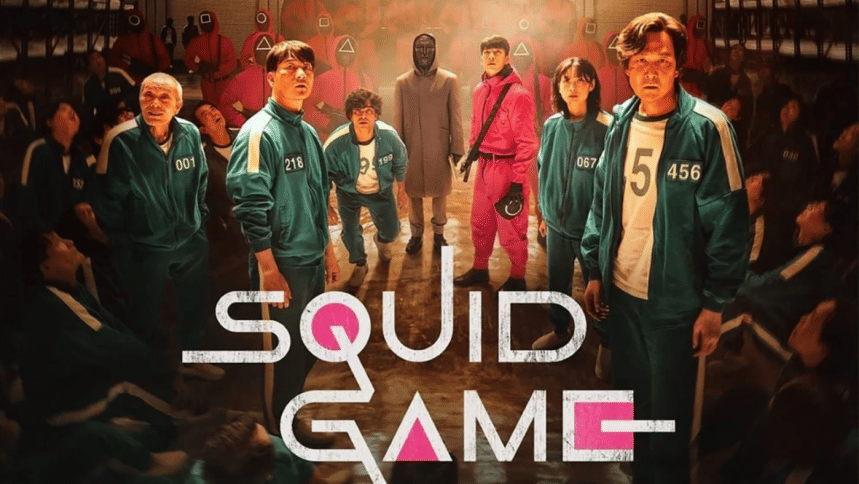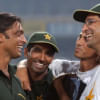Squid Game: A scathing criticism and dark satire of capitalism

Hwang Dong-hyuk's Squid Game, has a straightforward premise — a group of people, knee-deep in debt with nothing to lose, are offered the chance to risk their lives for an enormous cash prize. The group is diverse with ruthless strategists, unexpected heroes, deceitful introverts, and unhinged criminals, all sharing one thing in common — willingness to do whatever it takes to win.
Squid Game revolves around money and the polarising lifestyles of the rich and poor. With some evident underlying themes, the series is far from being fictional, and is a true depiction of our capitalist world.
The class divide
While the ultra-rich VIPs, mostly old and white Western men, indulge in these games and place bets, the players, becoming increasingly depraved, deceive and kill one another in hopes of winning the money and turning their lives around. Essentially, the game would cease to exist without the players' desperation and extreme financial distress.
Illusion of free will
As an anti-capitalist parable, acts of solidarity or declining the monetary temptation can turn the game around. The game's consent form presented an escape — the game ends when the majority of players agree to do so. After the first massacre, they do so through a democratic election, similar to a union vote. This final clause creates the illusion of free will.
The game's Host denies the influence of economic benefit in coercing the players to participate. He insists that everyone was there of their own free will as they were given the option to leave. However, does free will exist for individuals already drowning in debt, with families to look after and facing legal repercussions? When a solution, even a dangerous one, presents itself it limits their free will and their choices.

Rigged system?
The Front Man insists the game is fair and that the players need to be given a fair chance, something they were deprived of in the outside world. Regardless of what individuals at the top say, in capitalism and the game, the system is rigged. For instance, the red-jumpsuit-soldiers would stand by when unfair things would happen. There is a dimension of ironic duality when the soldiers intervene to prevent violence and enforce nonviolence, but also encourage violence at other times. At its core, everything is set to the overseers' advantage.
Even the election was rigged — the players were united in wanting the game to end. However, right before the election, the players were informed about the total amount of money which was an attempt to sway votes.
The game's philosophy
One of capitalism's greatest tricks was persuading workers that anything they need but do not get is because someone else took it from them. In the game, this meant that every player was a living obstacle and needed to be eliminated. It all comes back to the game's existential association with economics. There exists an impenetrable link with a population — a substantial percentage faces desperate financial strains while the niche ultrarich, bored with their extravagant lives, chose to wager on lethal human blood-sport for amusement like betting on horses.
The Host attempts to draw parallels between the ultrarich and the extreme poor arguing that both are miserable. His claim denies the realities of hunger, death, trauma, and the difficulties poverty bring, which the ultrarich are likely to never experience. For the players, a quick death in the game is more reasonable than a slower one offered by poverty.
The game itself is a capitalist endeavour. Set in our contemporary reality, Squid Game is far from a fictional gory tale. It is a scathing commentary of capitalism and a literal depiction of life in capitalism, and less of a metaphor for the world we live in.

 For all latest news, follow The Daily Star's Google News channel.
For all latest news, follow The Daily Star's Google News channel. 








Comments